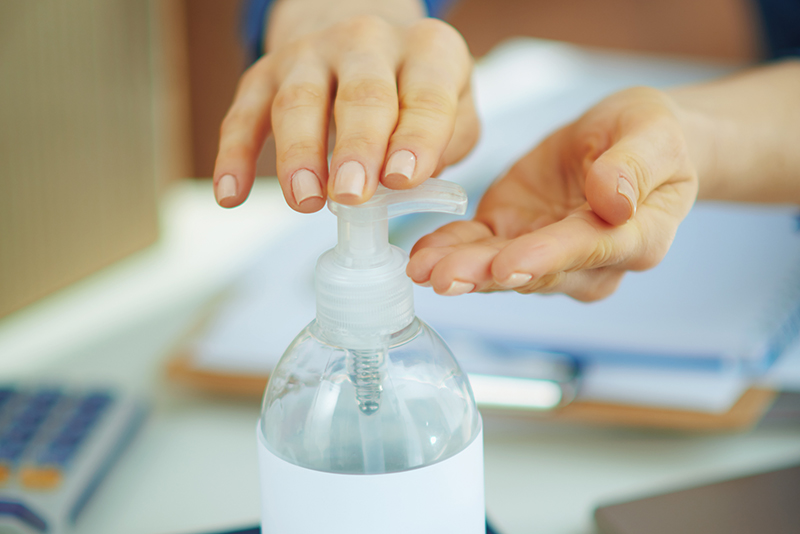The end of interim licencing and what it means for hand sanitizer manufacturers, packagers, Labellers, and Importers

During July, Health Canada’s ongoing forecasting analysis for the supply and demand of alcohol-based hand sanitizers determined that there was currently sufficient domestic production capacity to meet the demand over the next 12 months. As a result, July 13th marked the end of interim licencing for hand sanitizers and regular service standards and requirements were reinstated for new product and site licence applications for alcohol-based hand sanitizers.
In response to the hand sanitizer shortage during the COVID-19 pandemic, the Natural and Non-Prescription Health Products Directorate (NNHPD) of Health Canada introduced the interim measures through Notice to Stakeholders re: Expedited Product and Site Licencing for Alcohol-Based Hand Sanitizers on March 27, 2020 to achieve the public health objective of increasing the supply. the-end-of-interim-licencing-for-hand-sanitizers
This simplified and flexible approach was taken to expedite required authorizations for alcohol-based hand sanitizers for companies that intended to manufacture, package, label and/or import and sell alcohol-based hand sanitizers. As of July 9th, the success of this approach resulted in 3,557 new alcohol-based hand sanitizers being licenced and 1,900 interim site licences issued under this process.
What does it mean for interim licence holders?
No action is required on the part of companies with existing interim Covid-19 licences (licences are denoted by the prefix “COV0000”). These licences will remain valid for Health Canada to meet their 12-month forecasting analysis for the maintenance of production capacity until such time when the regular supply of hand sanitizers stabilizes. After this period, a valid Site Licence will be required by manufacturers, packagers, labelers, importers, and sellers who hold an interim licence.
Interim COVID-19 Site Licence holders that are considering planning to continue manufacturing, packaging, labelling, and/or importing hand sanitizers after the pandemic need to be aware they will be subject to full Natural Health Product Regulations that includes NHP Good Manufacturing Practices (GMP). To effectively meet GMP requirements for quality and control, serious consideration should be given to implementing a Quality Management System [QMS] at their sites at the time of applying for the regular license.
It is also Health Canada’s expectation that stability testing will be required to support the hand sanitizer’s shelf-life at the time of renewal under a regular license. MCS Associates can assist companies in meeting GMP requirements, QMS Implementation, stability testing as well other requirements deemed necessary.
For companies seeking to manufacture or import hand sanitizers after July 13th, product, and site licences will be required as well meet regulatory requirements for bilingual labeling and label claims, submit quality assurance reports and conduct stability testing to support product shelf life.
Previous Changes to Regulatory Requirements
The interim measures also allowed for additional flexibility making it possible for certain products that did not fully meet regulatory requirements to be sold in Canada provided the products did not compromise safety of Canadians. However, the easing of these regulatory requirements was removed on June 8th and since then, all companies are required to meet labeling requirements (domestic manufacturers must use bilingual labelling on the product), label claims, advertising, and packaging requirements on their products, on websites or at point of sale.
How we help
MCS Associates offers deep expertise supporting hand sanitizer companies with product licencing and site licencing, submissions and amendment requests, label and claim reviews, and importation and product testing to meet quality standards.
For more information, please contact at MCS Associates. We are Canada’s leading Regulatory Licencing, Compliance and Quality Consultants for Pharmaceuticals, Natural Health Products, Food Products, Cosmetics and Personal Care, Cannabis and Medical Devices.


